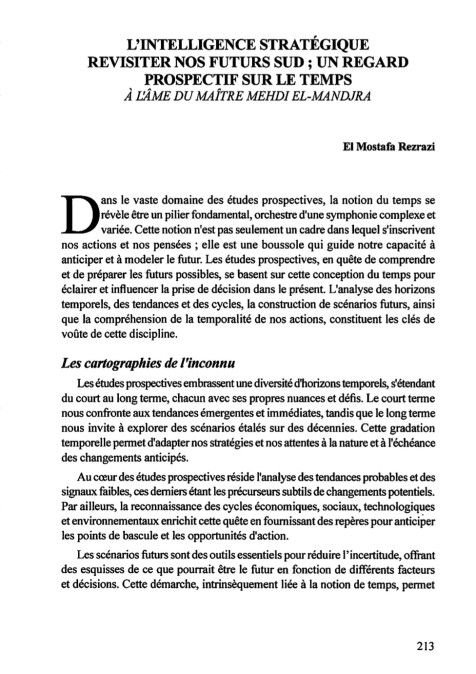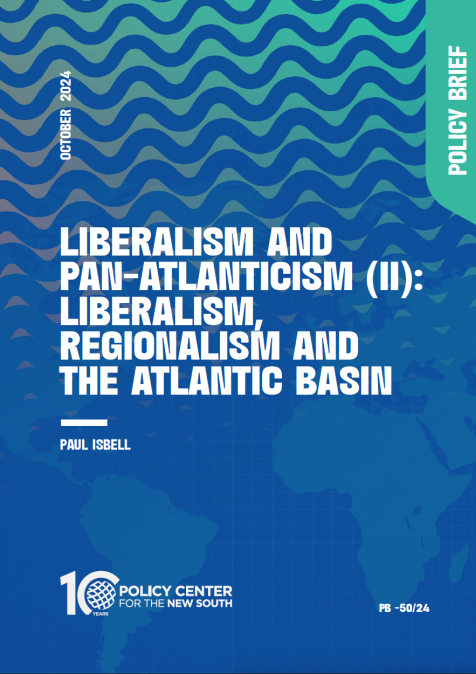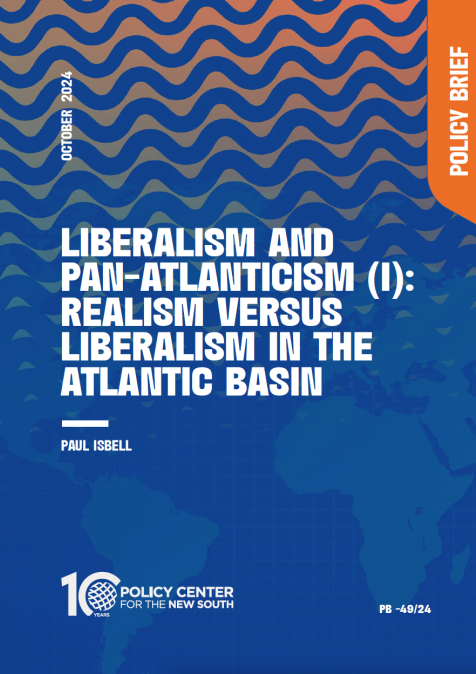Publications /
Policy Paper
The pace of global growth has tapered off since the crisis and the ensuing rebound. The concept of ‘secular stagnation’ was first used in 1938 by Alvin Hanson in reference to the American economy during the Great Depression. It refers to a situation where growth is slow over a protracted period, underemployment prevails and inflation is low. In such situations, the propensity to save tends to increase as a result of uncertainty and pessimism, and liquidity – which depends on interbank lending - tends to dry up as banks fly for cash. This translates in turn into a reduction in the demand for loans which puts increased easing pressures on central banks. Under such conditions, central banks are obliged to take exceptional measures to stimulate loans and demand, including unconventional tools such as quantitative easing.










